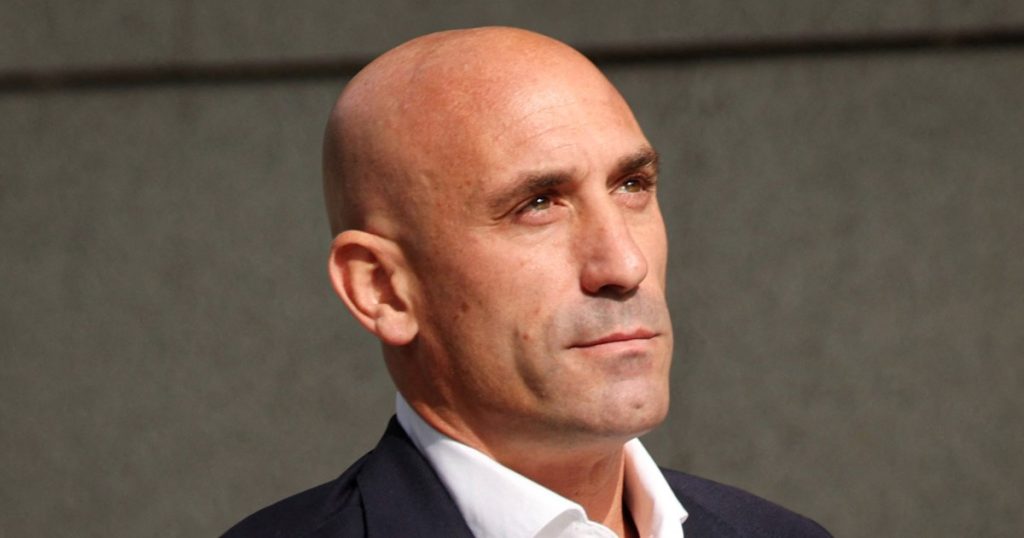Luis Rubiales, the former president of Spain’s soccer federation, was arrested and released in connection with a corruption probe by Spanish police. The investigation is looking into his business dealings during his time as president, including moving the Spanish Super Cup to Saudi Arabia. Rubiales stepped down in September amid a scandal involving the alleged sexual assault of a player at the Women’s World Cup final. He has denied any wrongdoing in that case.
The corruption probe is focusing on contracts for the Spanish Super Cup and the federation’s connection with Seville’s La Cartuja Stadium. Rubiales, who ran the federation for several years, is facing accusations of wrongdoing related to his management of the organization. His decision to move the Super Cup to Saudi Arabia as part of a lucrative deal has come under scrutiny, with investigations being launched into the financial aspects of the agreement.
Rubiales denied allegations of corruption and money laundering, stating that the money in his bank account is the result of his work and savings. His decision to take the Spanish Super Cup to Saudi Arabia was met with criticism from women’s and human rights groups due to the country’s treatment of women and minorities. Despite the controversy surrounding his tenure, Rubiales played a role in securing the joint bid by Spain, Portugal, and Morocco to co-host the 2030 men’s World Cup.
The Spanish government, including the Justice Minister, expressed confidence in the country’s democratic and judicial institutions following Rubiales’ arrest. The operation demonstrates that Spain’s legal system is functioning effectively, which will help ensure the successful organization and hosting of international events such as the World Cup. Rubiales’ departure from the federation was prompted by the scandal surrounding the kiss of a player without her consent, leading to pressure for new elections within the organization.
Since Rubiales stepped down, Pedro Rocha has been in charge of the federation. Plans for new elections are being pushed by the government and FIFA to bring in a new leadership team. Rubiales’s tenure was marked by controversial decisions and allegations of misconduct, including the scandal involving the Women’s World Cup final. His arrest and the ongoing investigations have brought further scrutiny to his time in office and the financial dealings of the federation during his leadership.
Despite the challenges and controversies that have surrounded Rubiales, Spain is preparing for the co-hosting of the 2030 men’s World Cup, which was secured during his time in office. The organization of the tournament will be a test of Spain’s ability to host major international events and showcase its democratic and judicial institutions. The federation plays a crucial role in managing Spain’s national soccer teams, the Copa del Rey, and the country’s various leagues, as well as organizing referees.


